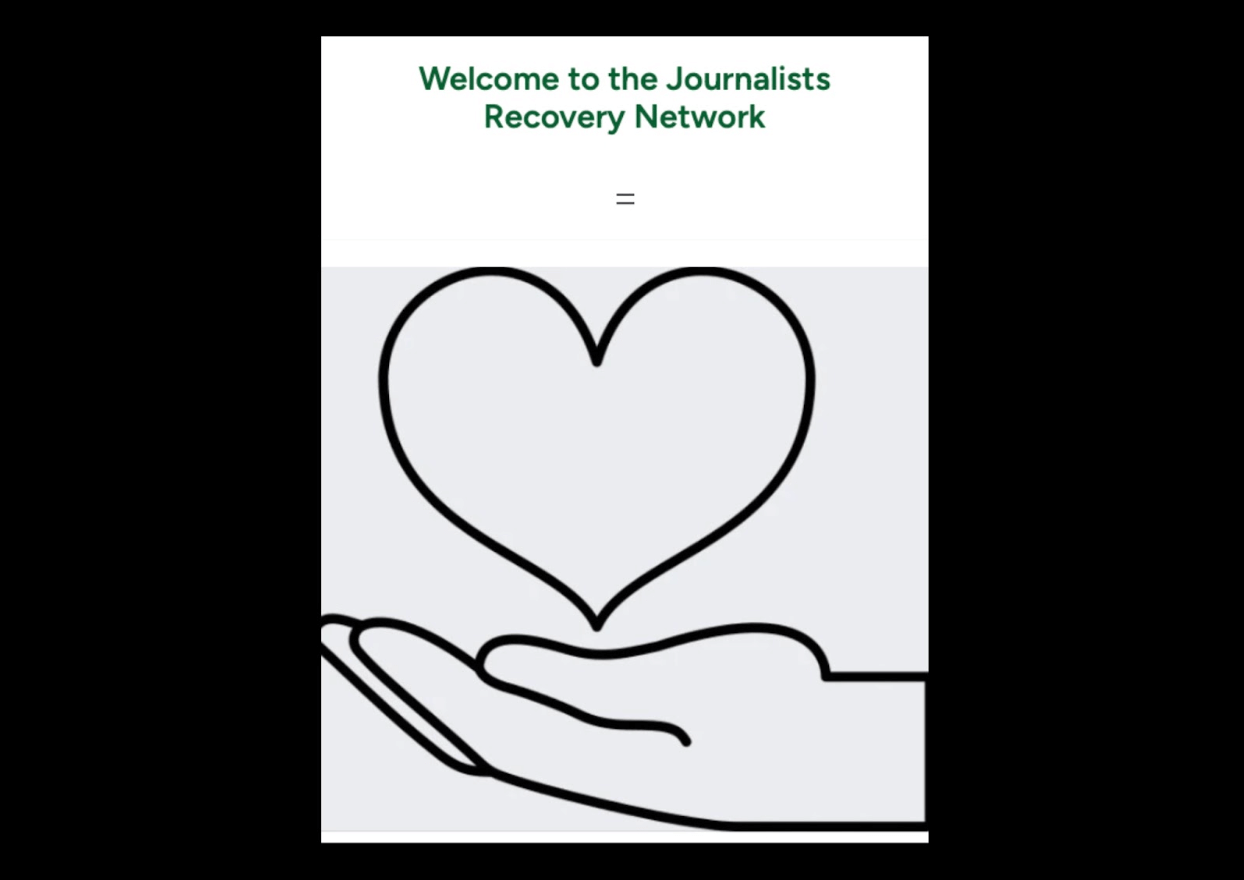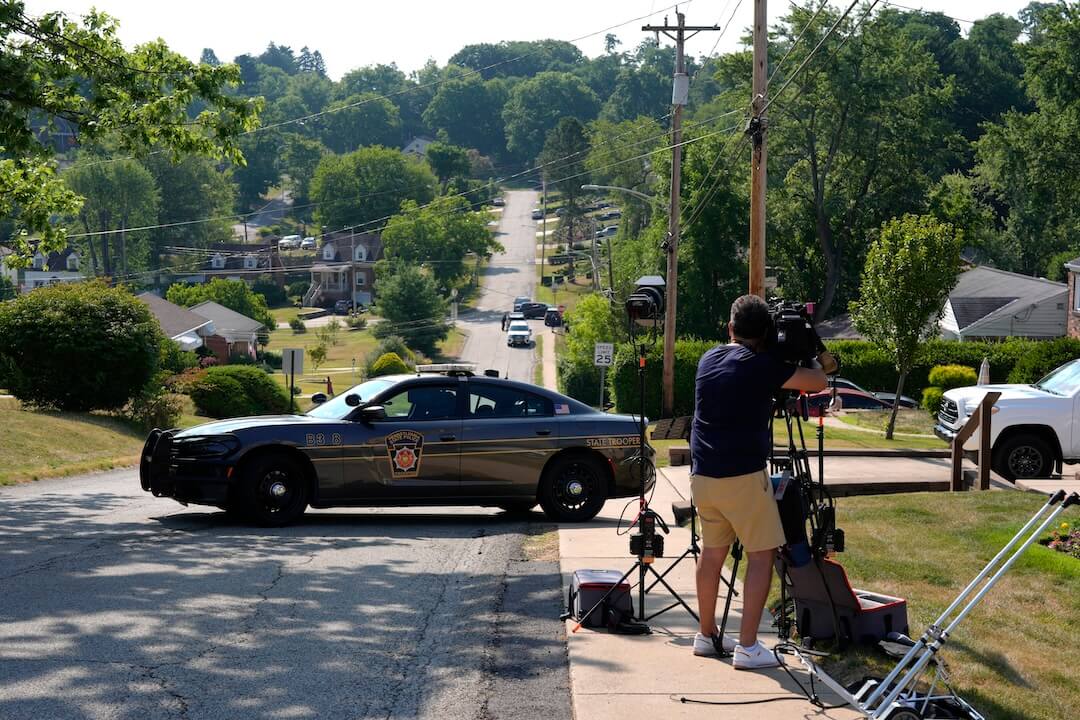Here’s the second in our summer series sharing how-tos, tips and guides from the 2023-2024 Poynter-Koch Media and Journalism Fellows. This week, we’re featuring Taylor Six, a criminal justice reporter at the Lexington (Kentucky) Herald-Leader. Taylor’s project won our fellowship’s People’s Choice award.
At first, journalist Taylor Six set out to build a guide for journalists to promote destigmatizing language when covering people with substance use disorders.
“For example, saying substance use disorder and not addiction, or testing positive for drugs instead of clean or dirty,” she said in an email.
But in sharing her own story of recovery, Six realized how prevalent it was in the industry. Her project about journalists and language became one for the journalists themselves.
“For me, my identity was tied to being a journalist,” Six said. “I was living a double life with being an award-winning journalist by day, and a down-bad drunk at night. But, I was a full-time, functioning alcoholic. I was tormented grappling with both versions of myself and felt like I couldn’t work in this industry and be an imperfect human being. Turns out I can, and I wanted to let other people similarly situated know that as well. Two things can be true at once.”
The Journalists Recovery Network offers testimonials from other journalists, resources and a space to talk to someone in recovery. And that matters for journalists, Six said, who cover traumatic events, can experience secondary traumatic stress and work in an unstable industry prone to toxicity.
“Late nights, unpaid work, harsh deadlines, strained resources — the list goes on and on. Lots of folks turn to alcohol and substances as a release,” she said. “Our job is the perfect storm of internal and external stress — married to a glamorized ideal that alcohol and substance consumption is one that makes you tortured, and more successful. As we go into an era that promotes mental health care as a society and an industry, one more tool in the tool belt to let others simply know that they aren’t alone seemed like one worth pursuing. As journalists, we know the ability to share someone’s experience and story is one that can help others. It seemed hypocritical to me that I wouldn’t share mine when I ask so many people to be vulnerable with me every day.”
Six hopes to continue building the website and grow the network. Working on it, she said, she’s again realized one thing that was core to the project itself — letting people know they’re not alone.
“If the version of myself three years ago, who was so absolutely terrified to come forward and ask for help had a fraction of an idea how many people this affects, I think I could have gotten help sooner,” Six said. “I guess long story short, exactly what I wanted to happen for other people with establishing this project happened for me.”
You can check out the Journalists Recovery Network here.
A version of this story originally ran in Local Edition, our newsletter for and about local news.





